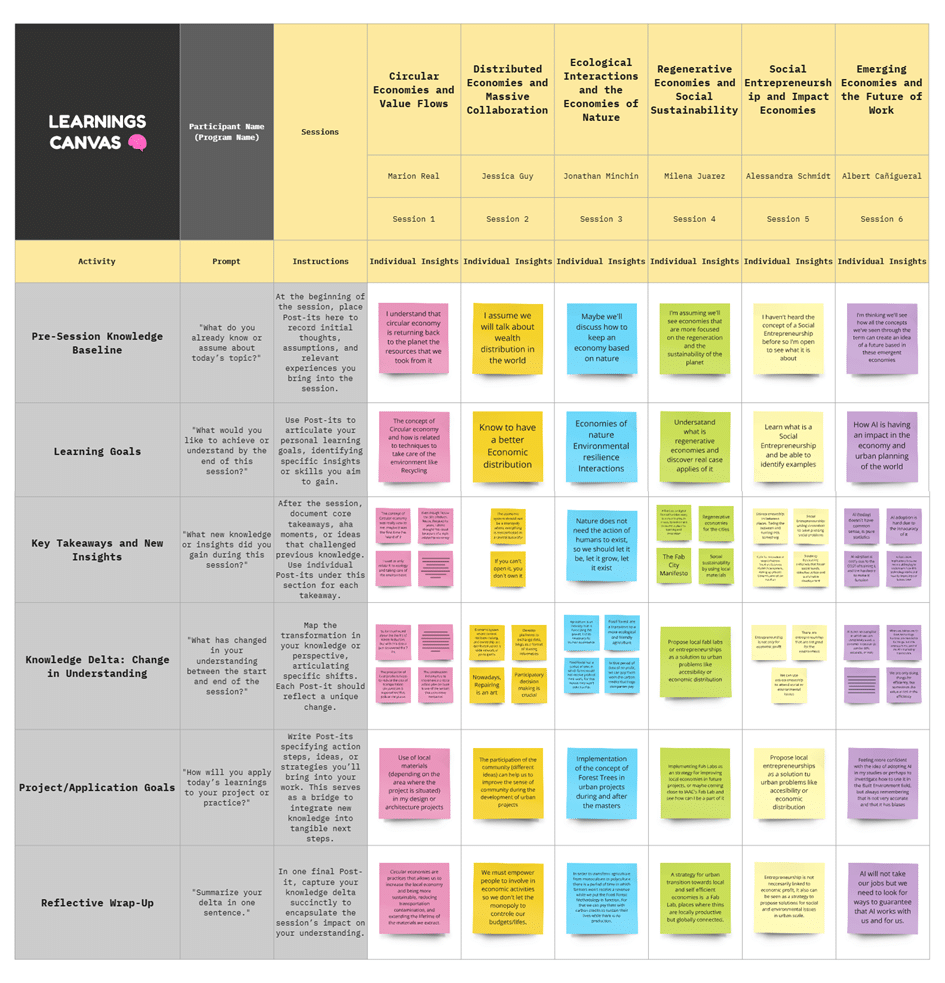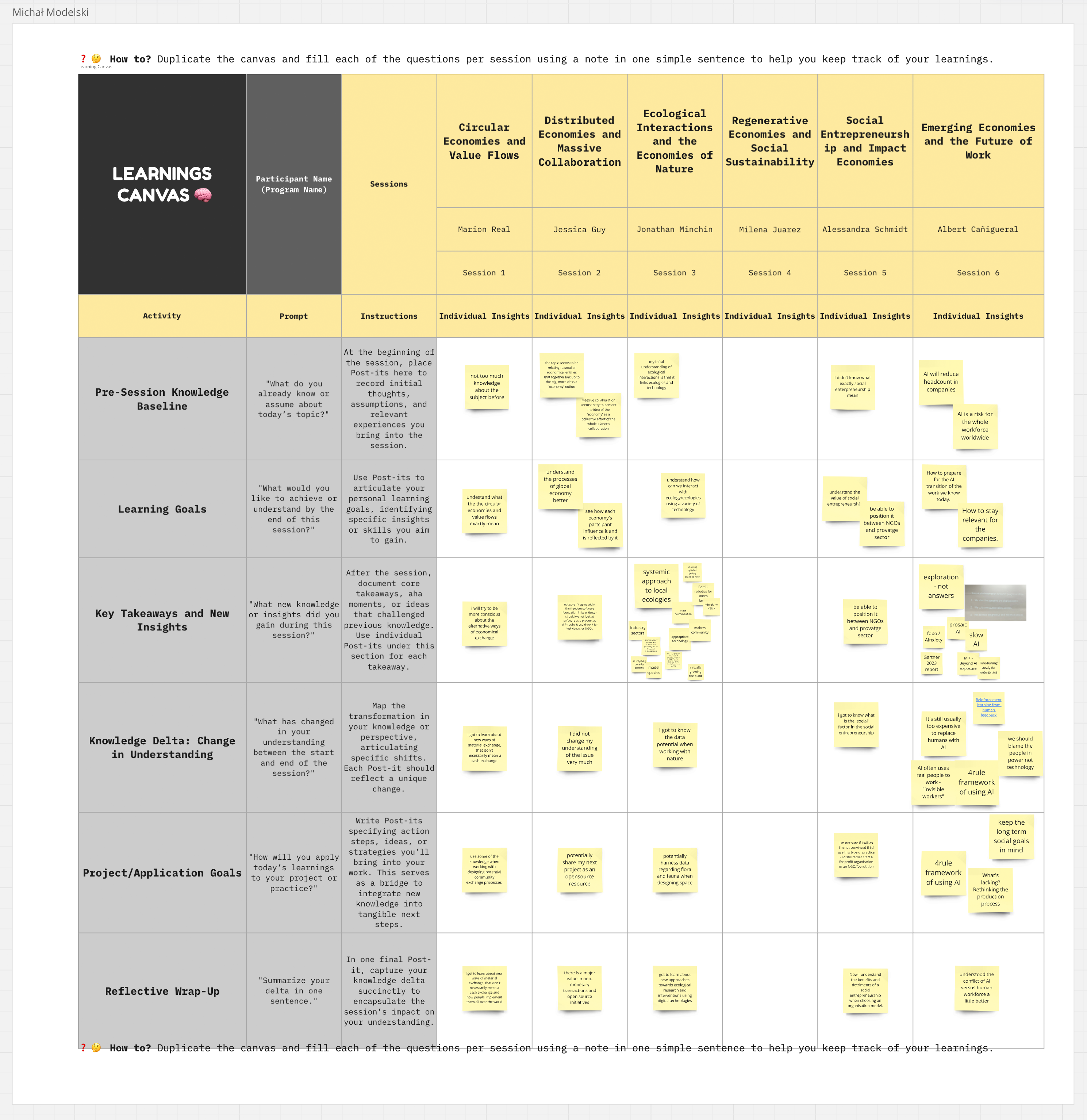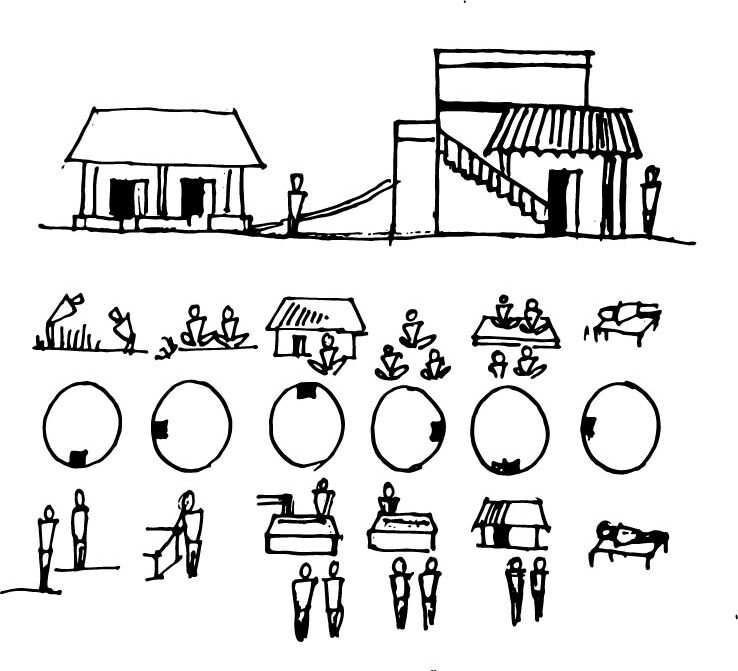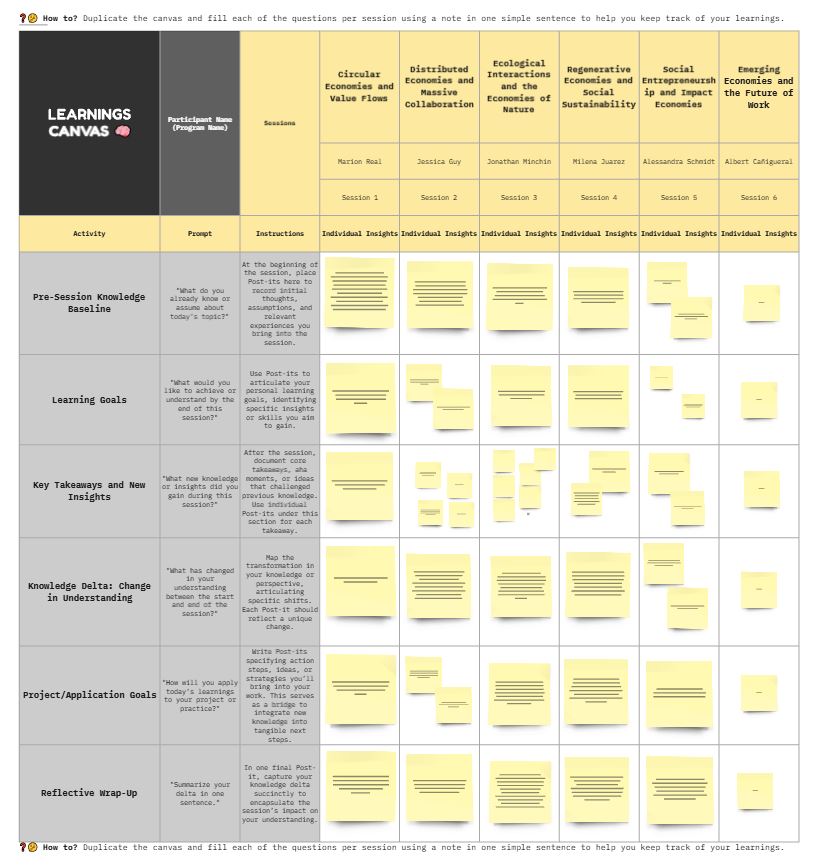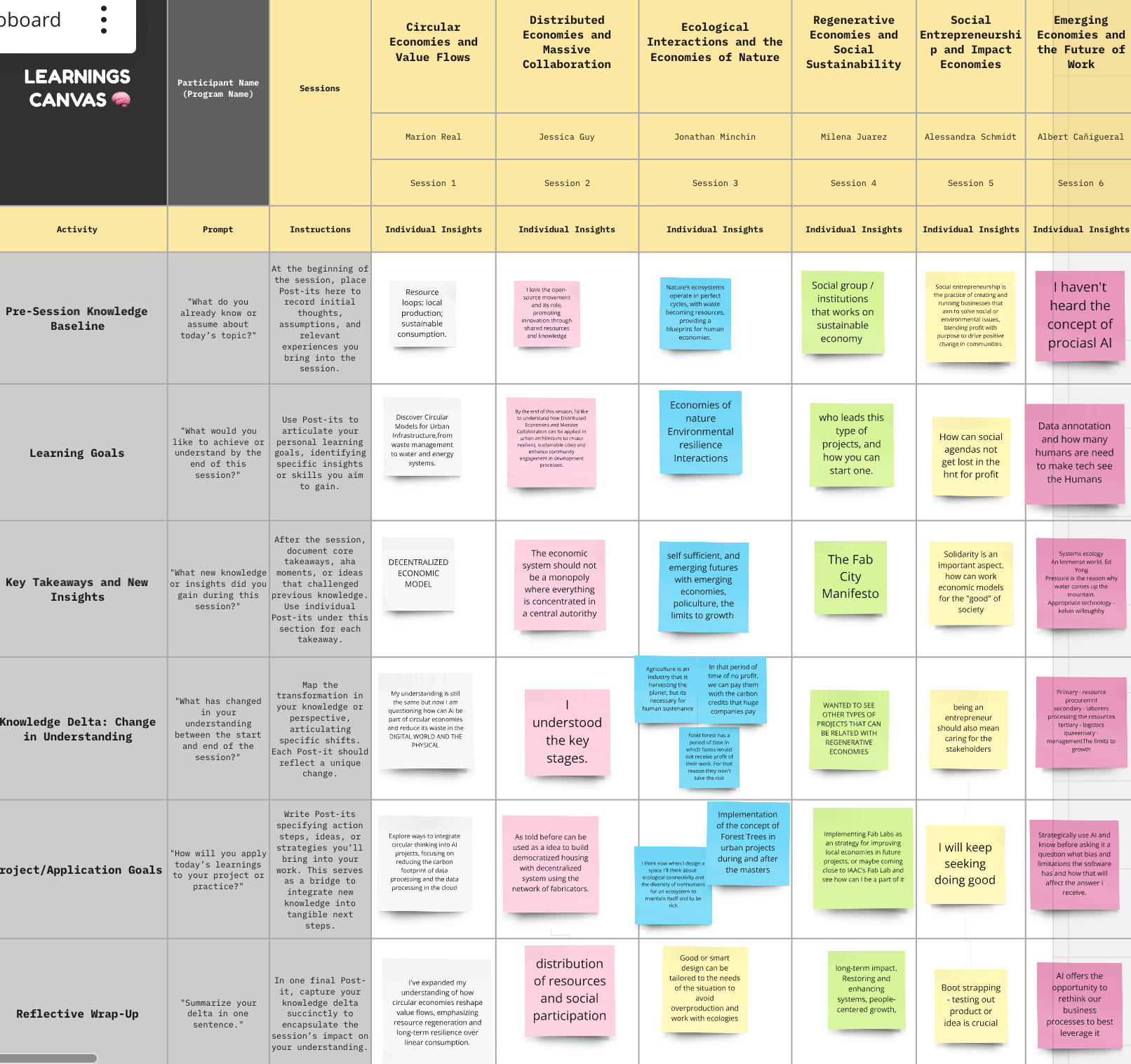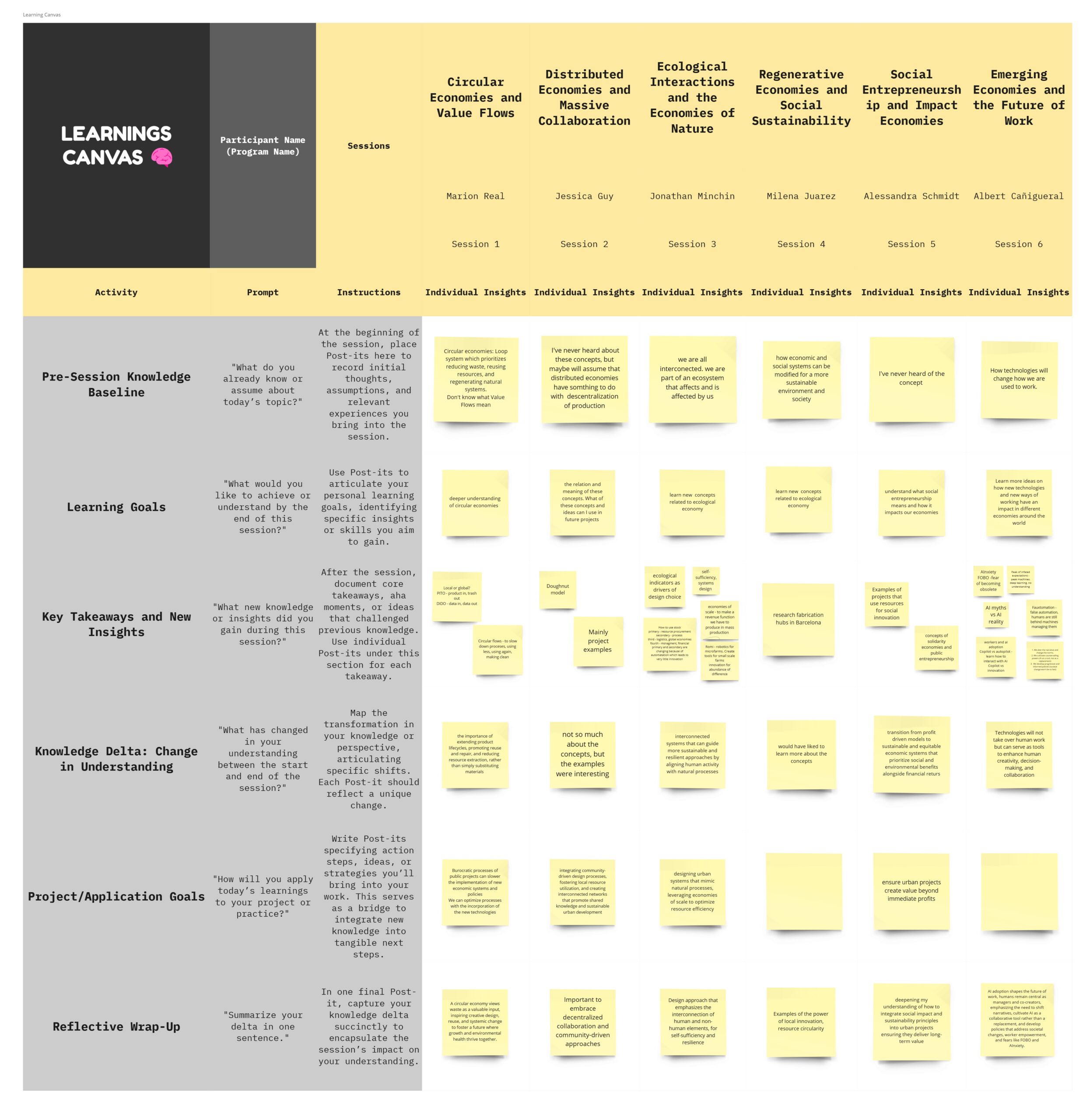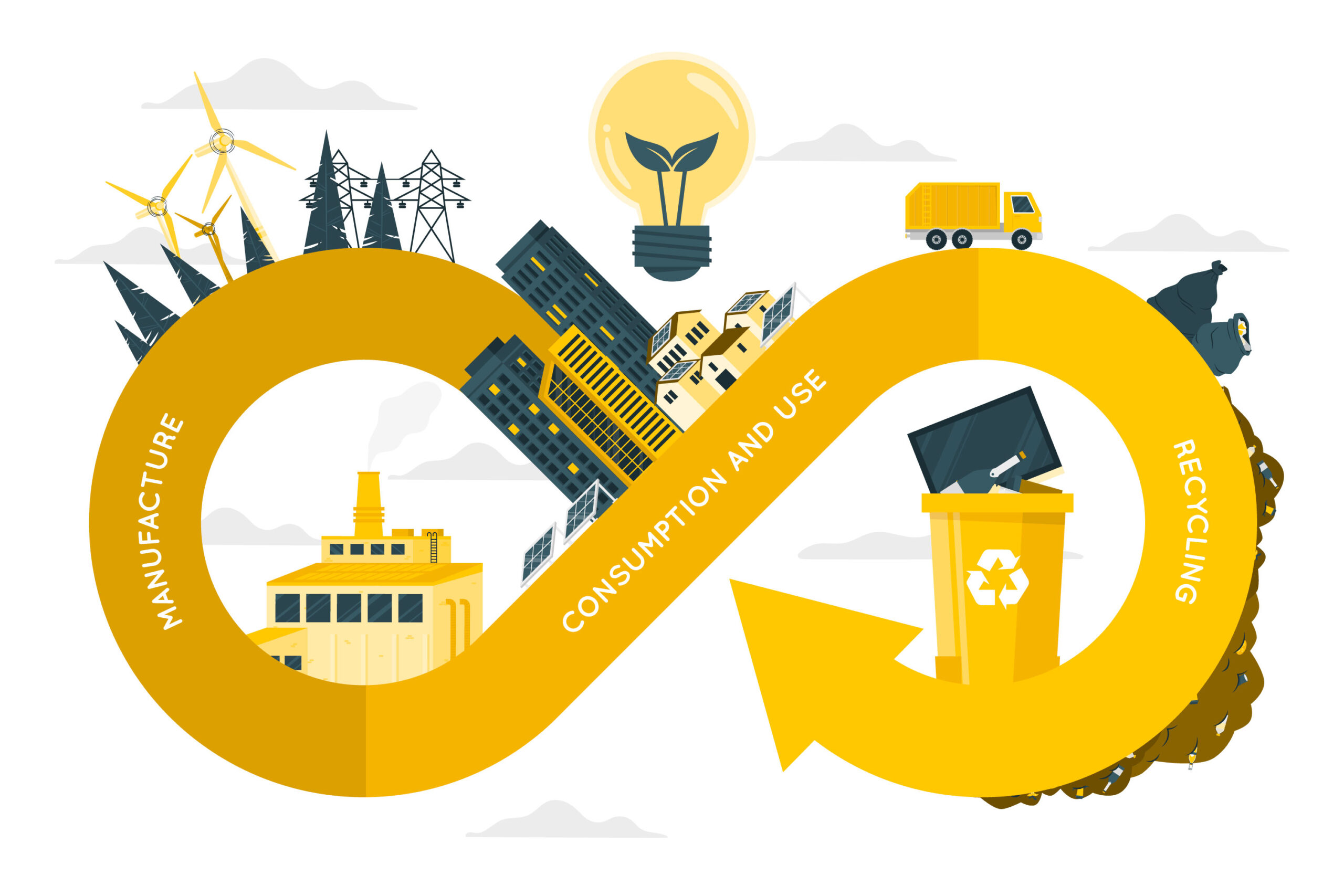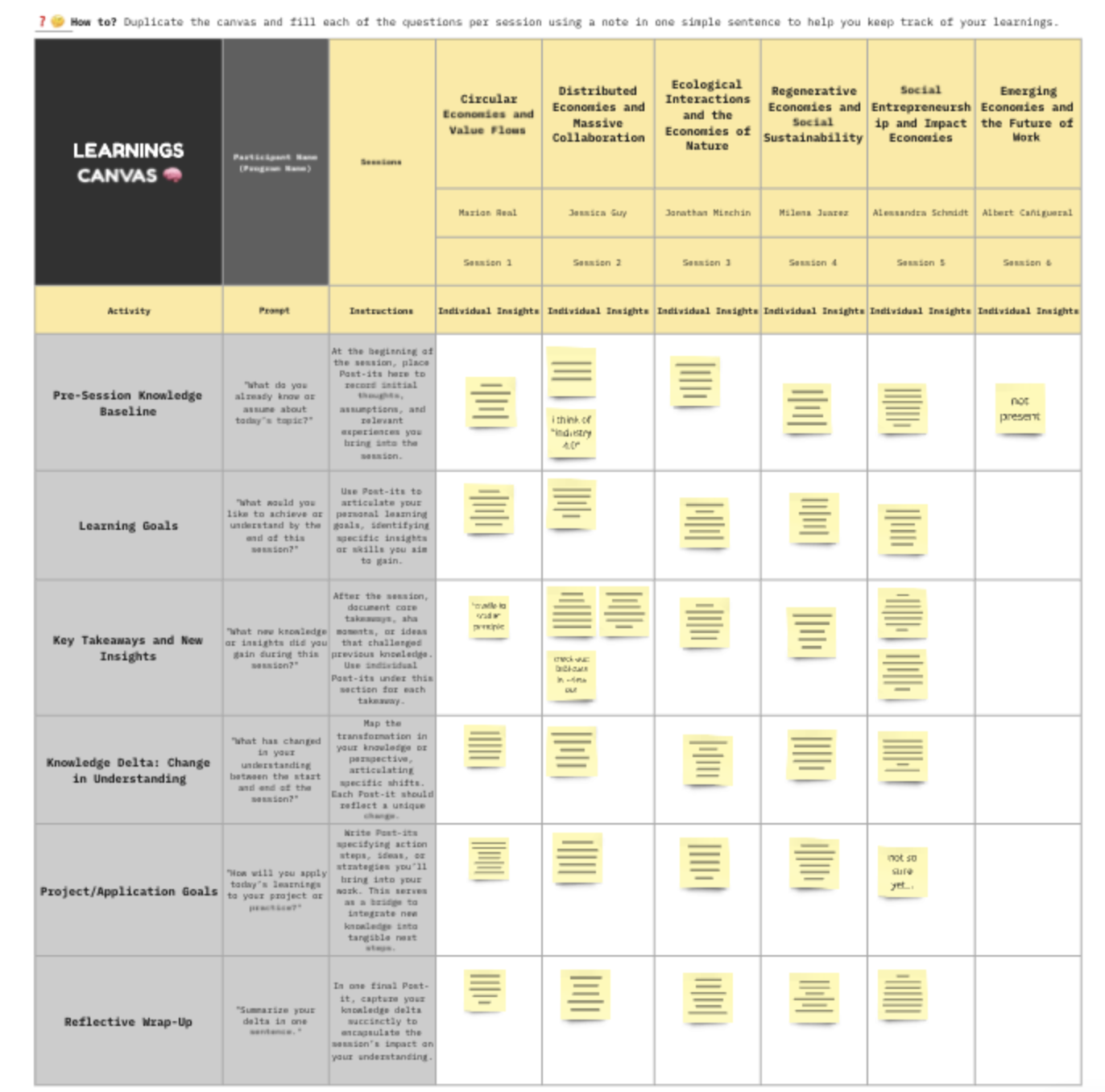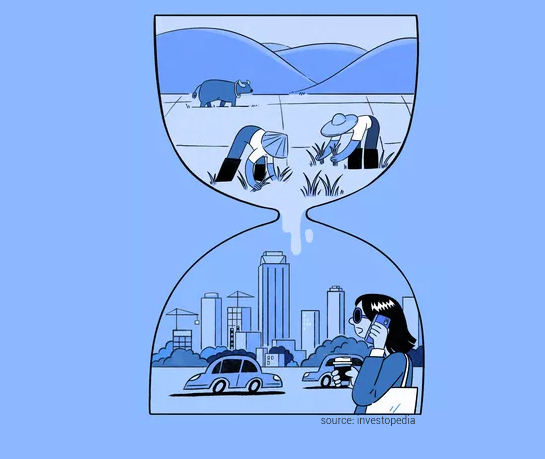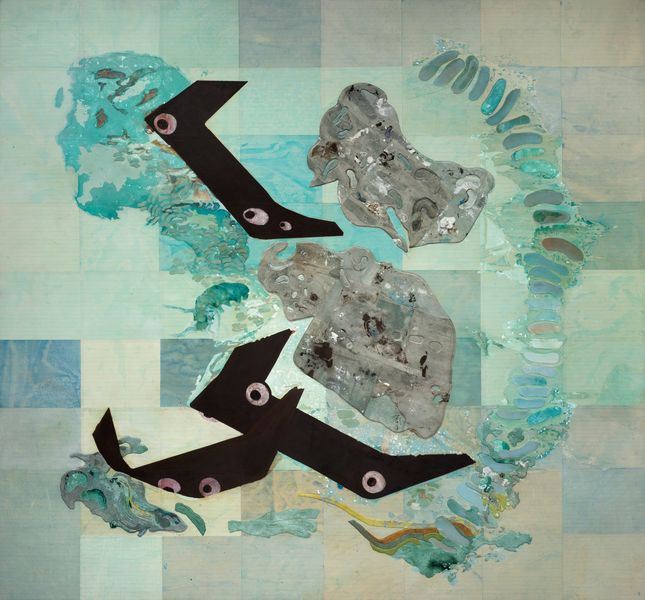Emerging Economies ideas
Circular Economy Integration The integration of circular economies into local frameworks can revolutionize sustainability in urban development. This approach not only redefines waste management but also fosters economic resilience by promoting the reuse and recycling of resources. By implementing a circular economy, cities can create environmentally sustainable structures that extend the lifecycle of products and … Read more



